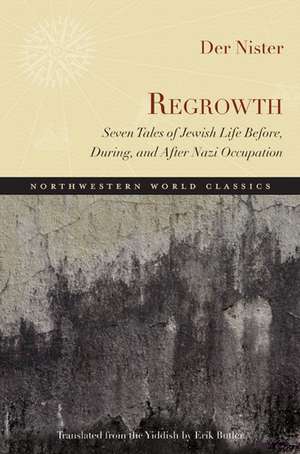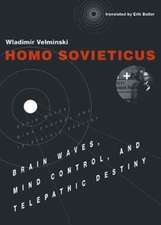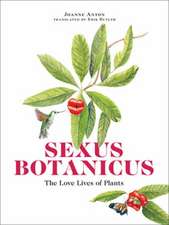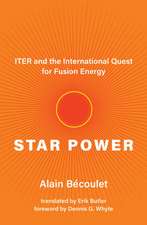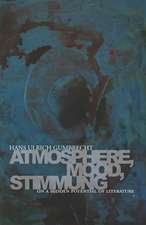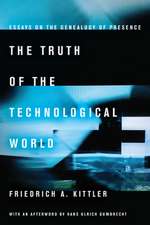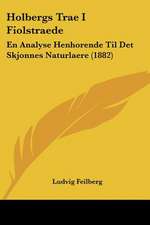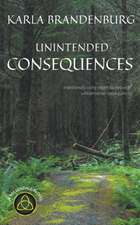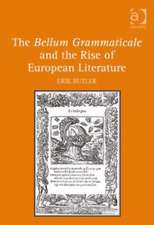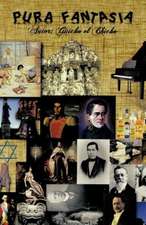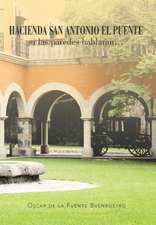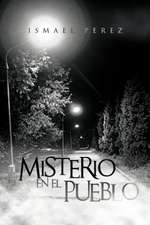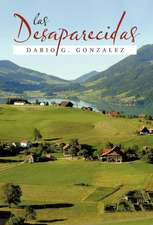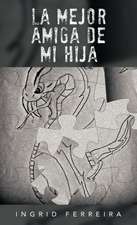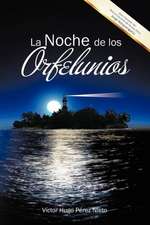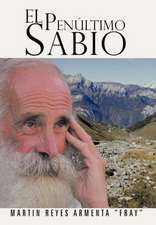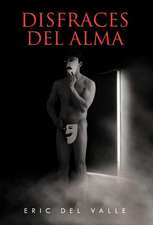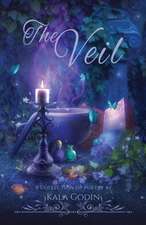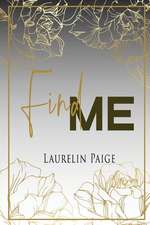Regrowth: Seven Tales of Jewish Life Before, During, and After Nazi Occupation: Northwestern World Classics
Autor Der Der Nister Traducere de Erik Butleren Limba Engleză Paperback – 4 mai 2011
The seven stories that compose Regrowth (Vidervuks) might shock readers familiar with accounts of the Holocaust marked by mournful and sentimental overtones. Although the outcome is often terrible, Der Nister’s characters refuse to accept the role of victim. Likewise, the monstrosity of the perpetrators is not at issue: the Nazis may be abominable, but they do not warrant attention for longer than a savage animal would. Der Nister is drawn to parties capable of moral decision—and their dilemmas often feature an opponent that is inside one’s own people, inside oneself. “Flora,” for example, follows a father and daughter through the Nazi invasion and later Soviet occupation of a Polish-Jewish city.
Der Nister paints a sympathetic portrait of the father, a member of the Jewish Council, even though he collaborates with the Nazis in a misguided attempt to help his people. To repair the father’s mistake, his daughter joins the resistance, seduces a traitor, and delivers him to his death. Accounts are settled within the Jewish community. The Nazi enemy is largely passed over in the silence his infamy deserves. Der Nister’s characters are crafty, and they do not hesitate to use force when necessary. After the defeat of the Nazis and Soviet takeover, Der Nister suggests, the maneuvering will continue. The morally complex characters and richly layered stories of Regrowth ultimately reclaim a more nuanced view of crimes still not fully reckoned.
Der Nister paints a sympathetic portrait of the father, a member of the Jewish Council, even though he collaborates with the Nazis in a misguided attempt to help his people. To repair the father’s mistake, his daughter joins the resistance, seduces a traitor, and delivers him to his death. Accounts are settled within the Jewish community. The Nazi enemy is largely passed over in the silence his infamy deserves. Der Nister’s characters are crafty, and they do not hesitate to use force when necessary. After the defeat of the Nazis and Soviet takeover, Der Nister suggests, the maneuvering will continue. The morally complex characters and richly layered stories of Regrowth ultimately reclaim a more nuanced view of crimes still not fully reckoned.
Preț: 155.94 lei
Nou
Puncte Express: 234
Preț estimativ în valută:
29.85€ • 32.43$ • 25.09£
29.85€ • 32.43$ • 25.09£
Carte disponibilă
Livrare economică 31 martie-14 aprilie
Livrare express 15-21 martie pentru 23.59 lei
Preluare comenzi: 021 569.72.76
Specificații
ISBN-13: 9780810127364
ISBN-10: 0810127369
Pagini: 308
Dimensiuni: 130 x 197 x 20 mm
Greutate: 0.35 kg
Ediția:1
Editura: Northwestern University Press
Colecția Northwestern University Press
Seria Northwestern World Classics
ISBN-10: 0810127369
Pagini: 308
Dimensiuni: 130 x 197 x 20 mm
Greutate: 0.35 kg
Ediția:1
Editura: Northwestern University Press
Colecția Northwestern University Press
Seria Northwestern World Classics
Notă biografică
DER NISTER (1884–1950) was the penname of Pinchas Kahanovich, a Yiddish poet and novelist. His best-known work is The Family Mashber.
ERIK BUTLER is Assistant Professor of German Studies at Emory University.
ERIK BUTLER is Assistant Professor of German Studies at Emory University.
Descriere
The seven stories that compose Regrowth (Vidervuks) might shock readers familiar with accounts of the Holocaust marked by mournful and sentimental overtones. Although the outcome is often terrible, Der Nister’s characters refuse to accept the role of victim. Likewise, the monstrosity of the perpetrators is not at issue: the Nazis may be abominable, but they do not warrant attention for longer than a savage animal would. Der Nister is drawn to parties capable of moral decision—and their dilemmas often feature an opponent that is inside one’s own people, inside oneself. “Flora,” for example, follows a father and daughter through the Nazi invasion and later Soviet occupation of a Polish-Jewish city.
